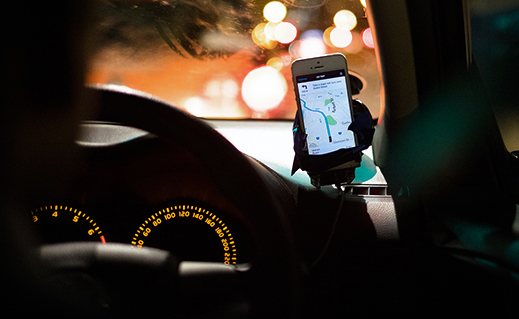Uber and Lyft Are Still Trying to Avoid Acting Like Regular Employers
Two of the most prominent names in the gig economy continue to struggle with their labor practices.
One of the biggest questions in the gig economy is whether giants like Lyft and Uber will be forced to treat their contracted drivers like regular employees.
A step toward an answer came yesterday when Lyft, the smaller of the two ride-sharing companies, agreed to pay its drivers $12.25 million as part of a legal settlement over how the company treats its contractors. Lyft drivers had been looking for a lot more, including entitlement to minimum wage, compensation for business expenses, and other trappings of traditional employment.
Apart from the cash settlement, Lyft also agreed that drivers could no longer be terminated at will—instead, there will have to be a reason for the termination going forward.
This story is only available to subscribers.
Don’t settle for half the story.
Get paywall-free access to technology news for the here and now.
Subscribe now
Already a subscriber?
Sign in
You’ve read all your free stories.
MIT Technology Review provides an
intelligent and independent filter for the
flood of information about technology.
Subscribe now
Already a subscriber?
Sign in
How that bodes for Uber, which is due to face a similar lawsuit in June, remains to be seen. It emerged yesterday that the firm has quietly rolled out a driver tracking program in Houston, Texas, that uses location data to closely monitor drivers’ performance. That includes times when the driver has exceeded the speed limit and accelerated or braked quickly.
Similar monitoring is typical in the trucking industry, where it is known as telematics. Uber says the tracking is useful for ensuring its drivers operate their vehicles safely, and for getting to the bottom of rider complaints about the quality of a ride. Uber could also be interested in the data gathered from such a program as a way to help in its efforts to develop self-driving cars.
But by exerting such control, Uber is running a risk. The class-action lawsuit against the company argues that its drivers aren’t independent contractors at all, but employees deserving of all of the (expensive) rights of employment. The more Uber polices its drivers’ behavior, the more it may look like the drivers have a point.
(Sources: Wall Street Journal, Guardian, Bloomberg, Fast Company)
